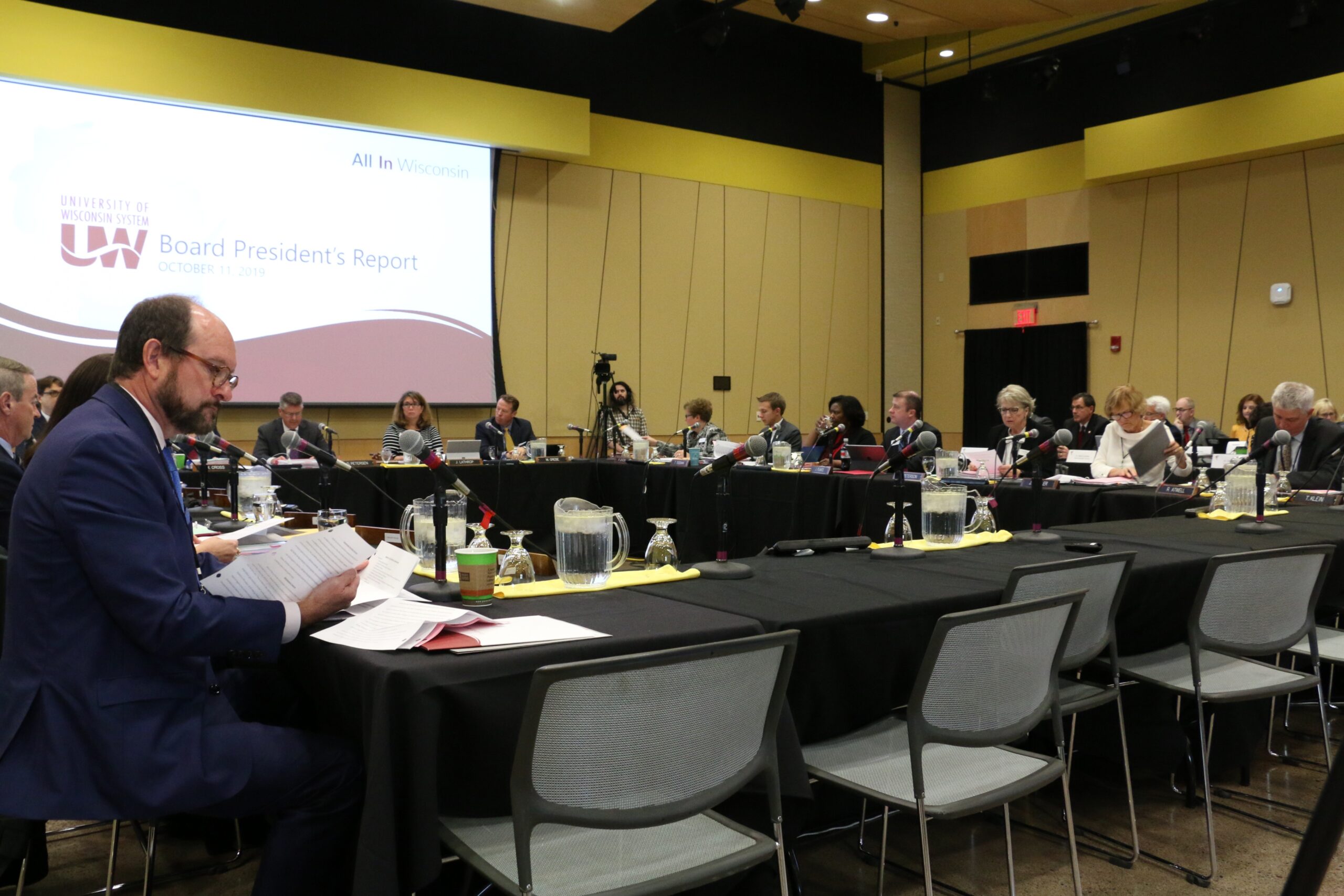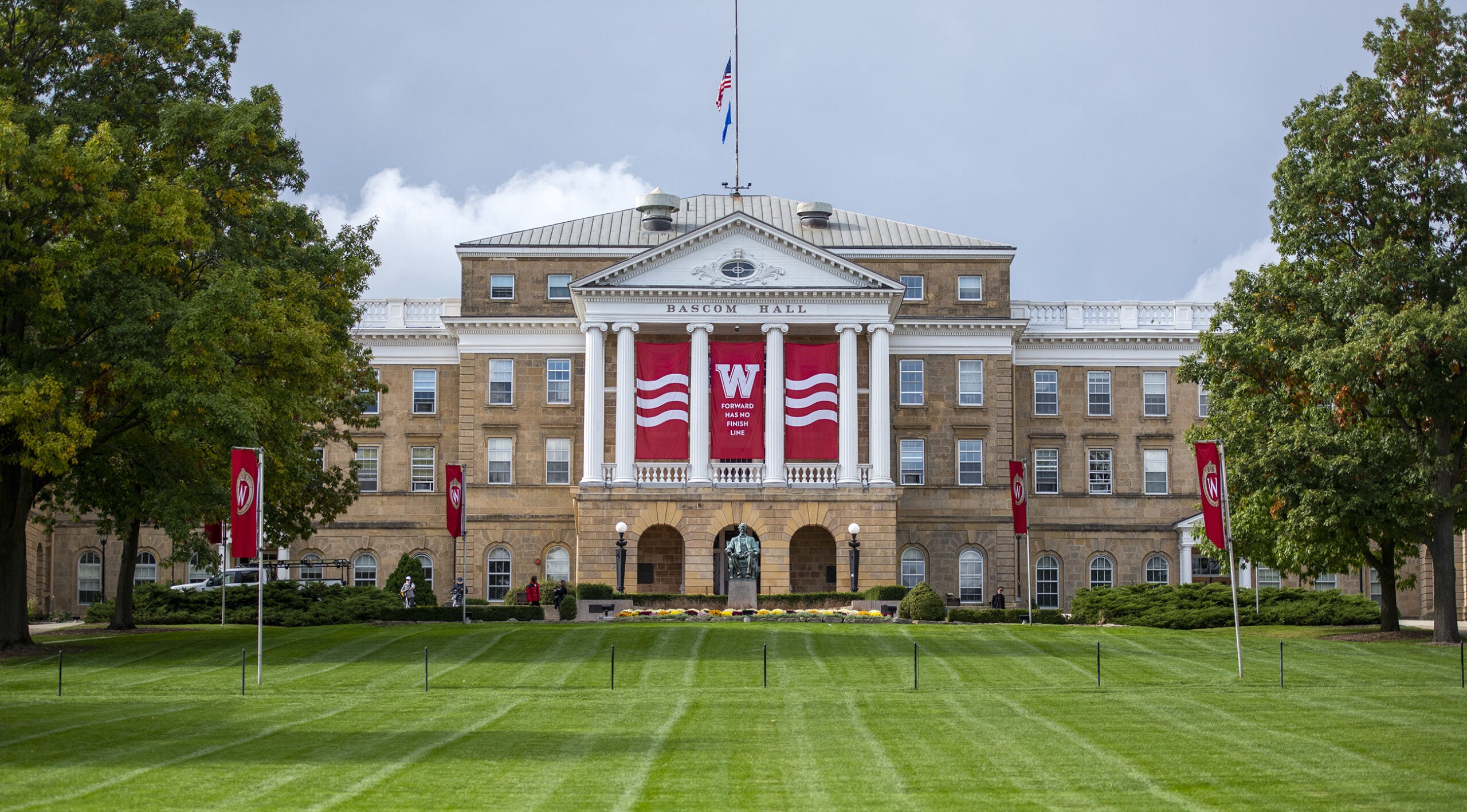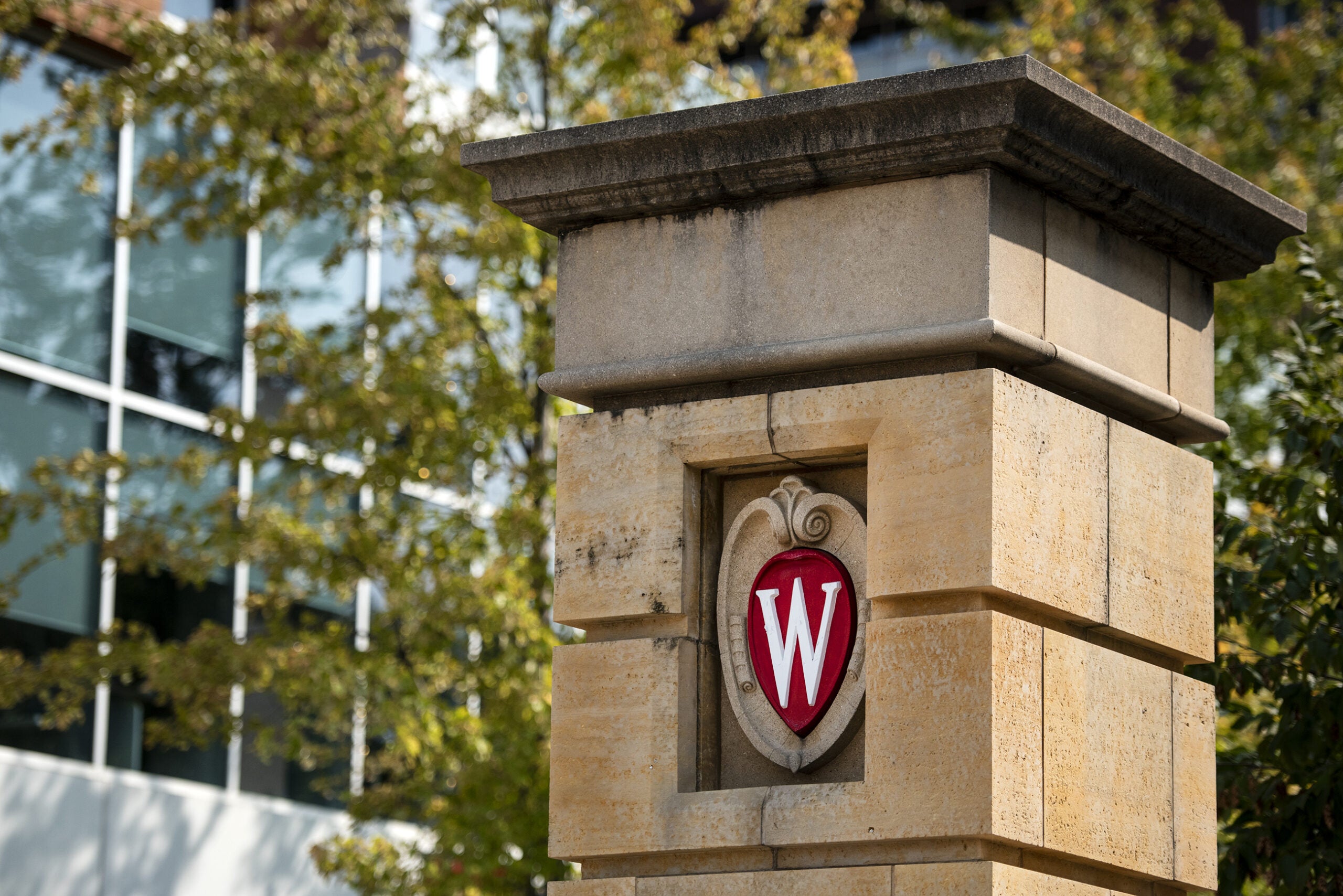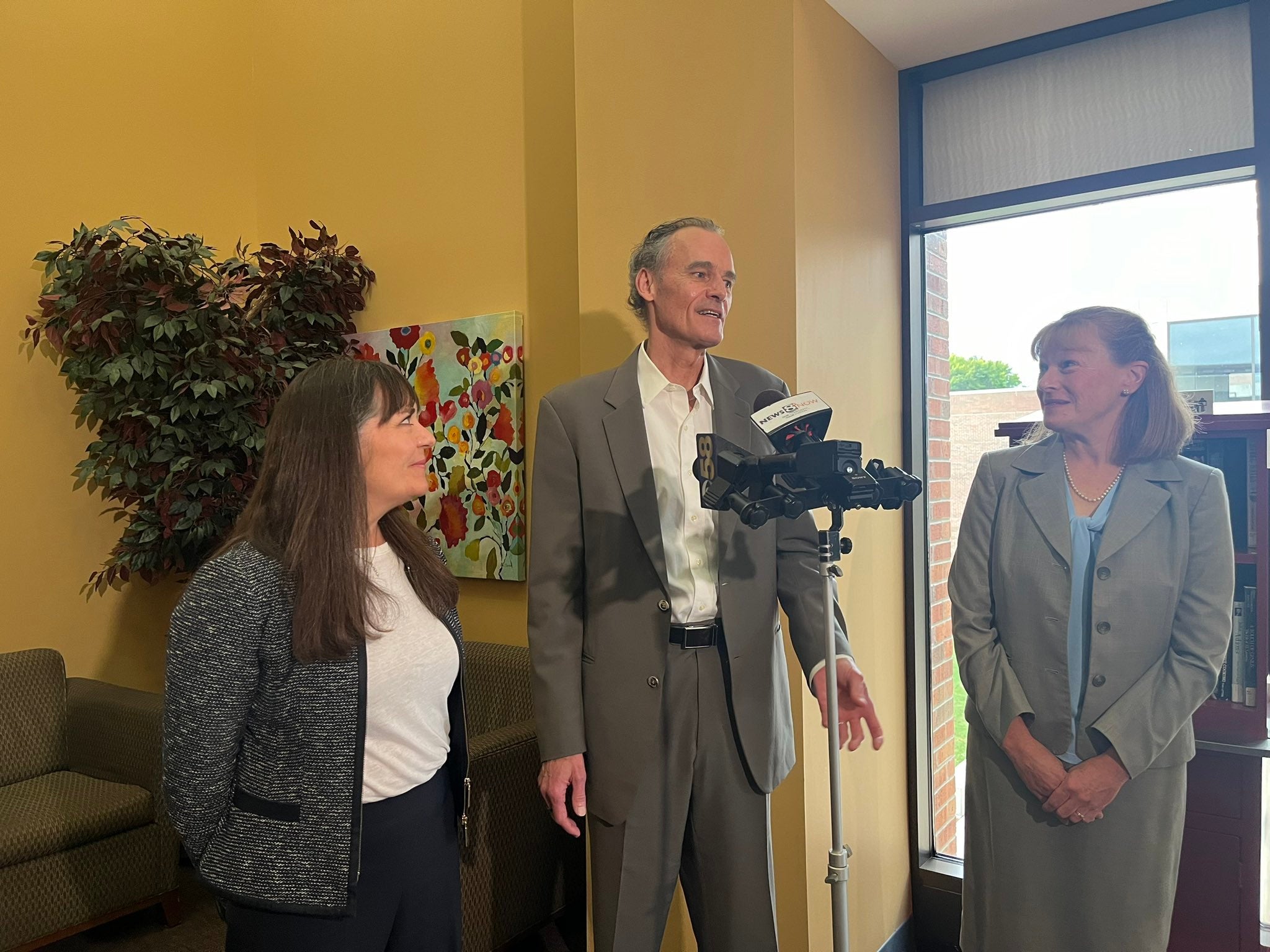The University of Wisconsin Board of Regents has approved the scope of proposed new rules aimed at punishing students who disrupt free speech on campus. But just after the vote was taken, a spokeswoman for Gov. Tony Evers said he continues to oppose the rules.
The governor’s opinion matters because any rule change proposed by the UW System cannot go into effect without his support.
The Friday vote was largely procedural in nature. It allows the UW System to work on what is called a “scope statement” that sets punishments for students caught repeatedly disrupting the free speech or freedom of expression of campus speakers or fellow students. Under the proposed language, a student disrupting free speech on two occasions would have to be suspended. If there was another disruption from the student, they would face mandatory expulsion.
News with a little more humanity
WPR’s “Wisconsin Today” newsletter keeps you connected to the state you love without feeling overwhelmed. No paywall. No agenda. No corporate filter.
The board and UW System have been working on the policy since 2017. The regent’s policy on “Commitment to Academic Freedom and Freedom of Expression” was introduced shortly after state Republican lawmakers introduced legislation with similar provisions. Before the matter was put to a vote, Regents President Drew Petersen announced support for moving the process forward.
“To adhere to the state’s procedural requirements as president of the board, I’ll be supporting this item,” said Petersen.
Regents on Friday approved moving the proposed mandatory punishments to the next step of the state’s administrative rulemaking process by a voice vote. Regents Edward Manydeeds, Carolyn Stanford Taylor and student regent Olivia Woodmansee voted in opposition, according to Petersen.
Manydeeds was recently reappointed to the board by Gov. Tony Evers. Tiedeman was appointed by former Gov. Scott Walker. Stanford Taylor serves as an ex officio member due to her position as Wisconsin’s state schools superintendent.
Before the vote, Manydeeds told the board he couldn’t support the mandatory punishments for students disrupting free speech because, as an attorney, he took an oath to uphold the U.S. Constitution.
“I just think it’s a very hard road to go down to police, to punish people that may be young that may be saying things they have a right to say that they may be punished for and may follow them the rest of their lives in a negative way,” said Manydeeds.
He also questioned the timing of a preliminary public hearing on the proposed student sanctions, which happened this August when many students were off campus.
In an interview with WPR after his no-vote, Manydeeds was guarded when asked if punishing students who disrupt speakers they disagree with would be unconstitutional.
“When you start trying to legislate what is free speech and what is impinging on it I think it opens up a hornets nest of issues that I don’t know we’re prepared to deal with,” said Manydeeds.
Friday afternoon Evers’ spokeswoman Mellissa Baldauff said his opinion of the proposed student punishments hasn’t changed since 2017.
“The governor voted against this policy when he was a member of the Board of Regents and his position on it hasn’t changed. he still does not support this policy,” she said.
According to UW officials, there will be two more votes on the “scope statement” before the administrative rule changes go to Evers and the state Legislature.
Editor’s notes: An earlier version of this story incorrectly listed Regent Torrey Tiedeman as voting against moving the proposed rule scoping statement.
Wisconsin Public Radio is a service of the University of Wisconsin-Madison and the Wisconsin Educational Communications Board.
Wisconsin Public Radio, © Copyright 2026, Board of Regents of the University of Wisconsin System and Wisconsin Educational Communications Board.







